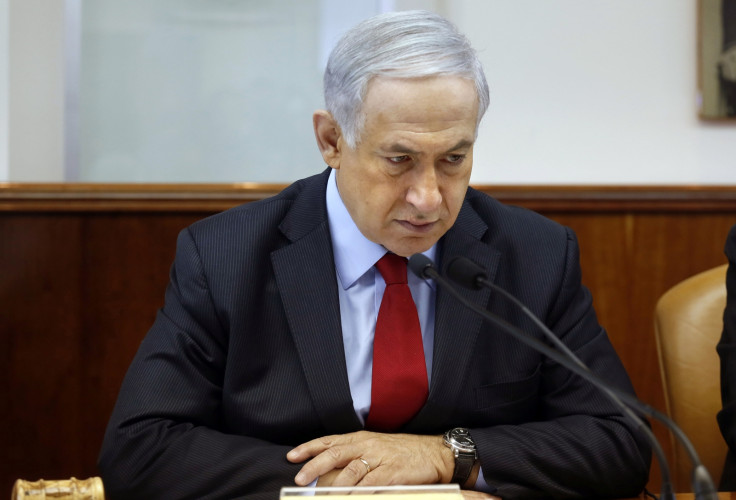Danish Foreign Minister Pushes for Sanctions on Israel as Cairo Peace Talks Kick Off

The Danish Foreign Minister Martin Lidegaard has urged the EU to adopt sanctions against Israel should it not make real progress in the Cairo peace talks, scheduled to begin today.
Lidegaard said Israel must commit to ending its "illegal settlements" and to ending its eight-year blockade of Gaza.
Speaking to Danish newspaper Jyllands Posten – the publication which infamously ran the cartoons depicting the Islamic prophet Muhammad in 2005 – Lidegaard said: "If nothing happens in the peace talks this time, and if we do not see a new pattern of response by Israel, we are going to discuss the possibility of new steps, including changes in our trade relations with Israel. I wish that it did not get there, but I think that the EU policy [should go] in this direction."
He described the Israeli settlements as "a red rag in the minds of the international community" and also called on Hamas and other militant groups in Gaza to disarm.
The interview came shortly before a Syrian warplane was shot down by Israeli military forces over the Golan Heights.
"It was a Russian-made Sukhoi," said Israeli military spokesman Peter Lerner. "The circumstances of the incident are being reviewed. This is developing, we'll have to see where it goes."
The downing of the Syrian jet is the first such incident for three decades and Israeli sources claimed that the jet was not on its way to attack Israeli targets but had passed into Israeli airspace by accident.
Israel Radio claimed that the aircraft was battling the moderate Syrian rebels who are attempting to topple Syrian President Bashar al-Assad.
Israel has thus far escaped severe sanctioning for its occupation of the Palestinian Territories. However, on 1 September, the EU slapped a ban on Israeli goods manufactured in the occupied lands.
But as public opinion across Europe hardens towards Israel, EU policymakers may be more inclined to exert economic pressure on Israel to make concessions in the Egypt talks.
A recent YouGov poll showed that in the UK, 62% of people thought Israel has committed war crimes in Gaza, with just 12% disagreeing with that statement. The UK has also spoken of its willingness to stop exporting arms to Israel should hostilities resume.
Already, the Israeli economy is feeling the fallout of the latest Gaza War. The Israeli Central Bureau of Statistics reported that it has revised its growth prediction for 2014 down to 2%: the lowest rate since the peak of the financial crisis.
The second quarter of 2014 saw GDP rise by 1.5% with exports falling away. Overseas sales of goods and services, which account for around 40% of Israel's economic activity, are predicted to decline by 0.5% for the full year.
© Copyright IBTimes 2024. All rights reserved.






